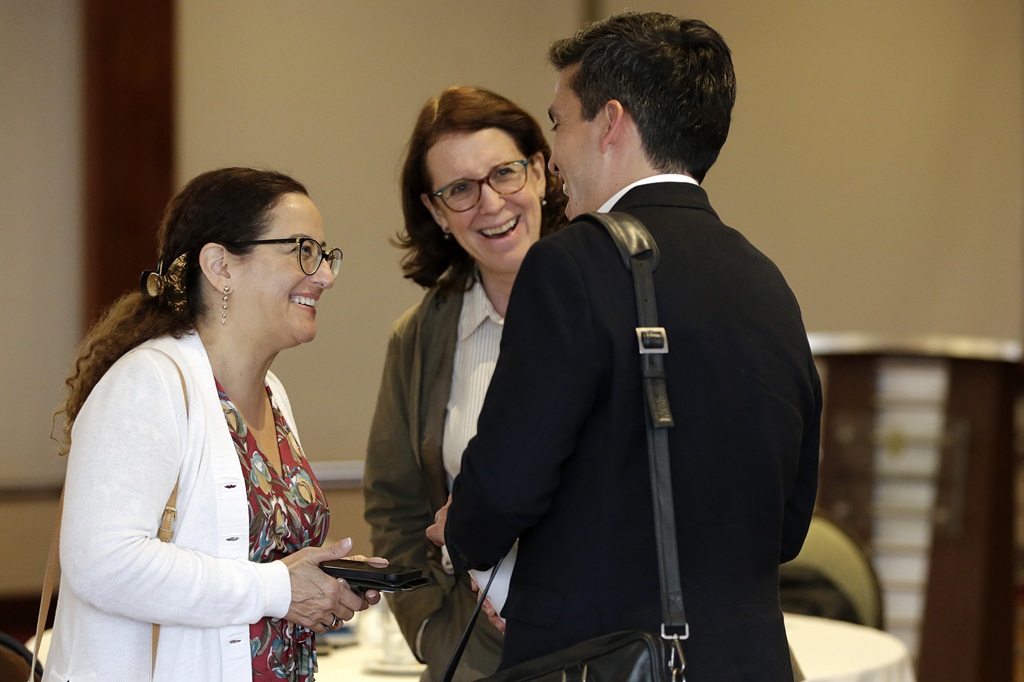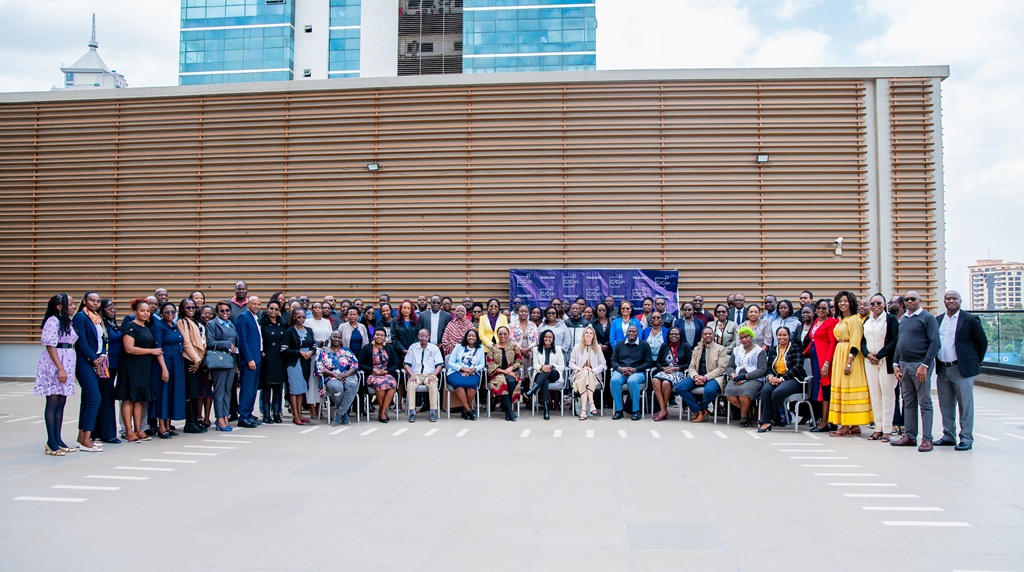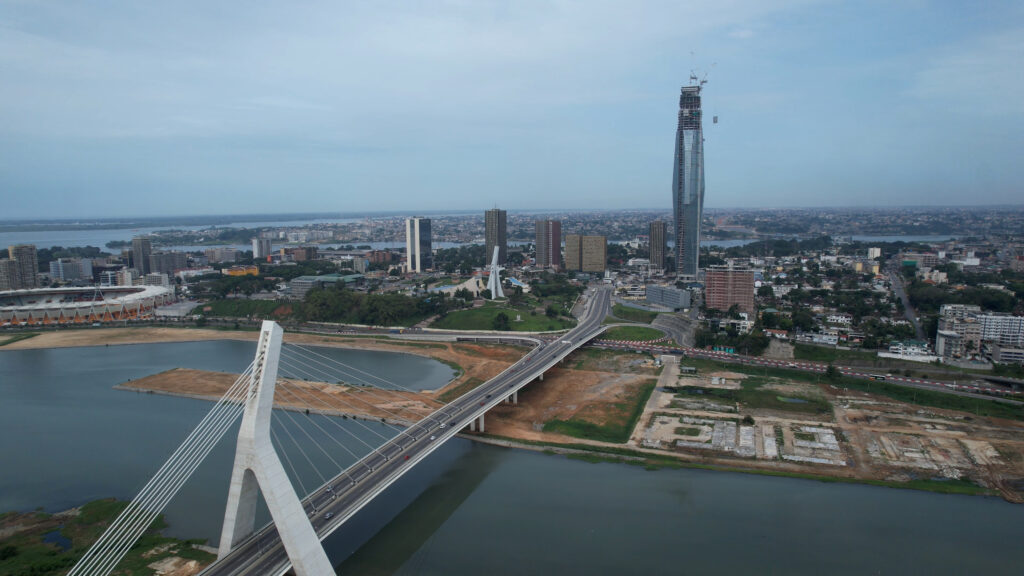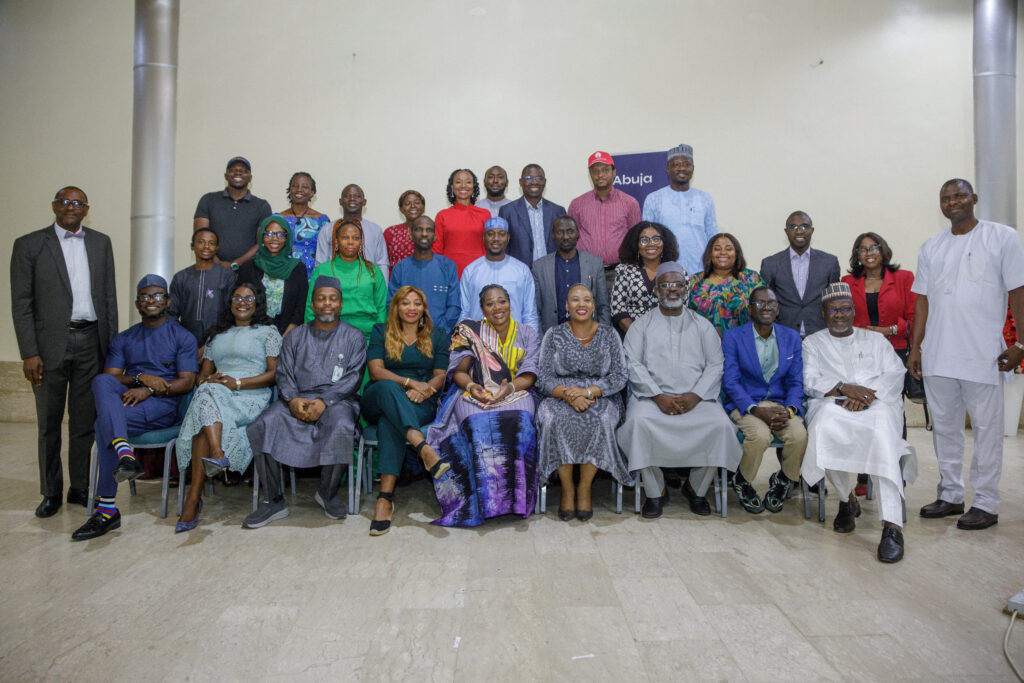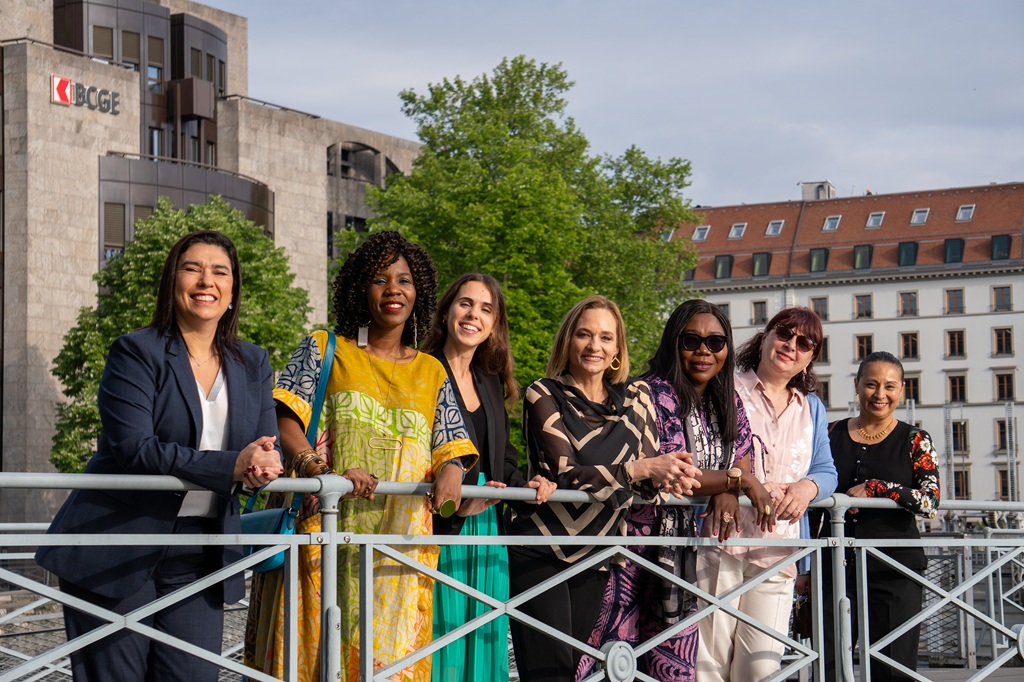
“To think local and act local you need local data”.
International Institute for Sustainable Development
One of the foundational pieces of City Cancer Challenge’s (C/Can) city engagement process is a needs assessment that provides in-depth information on the quality and capacity of cancer care services in a city. It covers core elements of cancer care including: radiology and nuclear medicine, pathology and laboratory medicine, medical oncology, radiotherapy, surgery, and supportive and palliative care.
Using a digital questionnaire, physicians, nurses, pharmacists, social workers, technicians, and administrators from cancer care providers across the city collect data on the management and quality of these services, as well as the level of community access. The aim is to generate systematic and reliable data to identify areas that differ from key benchmarks and best practices. This, in turn, enables city leaders and local experts to pinpoint gaps, and opportunities to improve the quality and access to these cancer services.
In this first story in our “Inside Story” series we highlight some of our learnings and the key principles and processes developed in C/Can cities to help ensure that cancer care solutions meaningfully respond to local needs.
“The idea is to work together to identify problems and come up with solutions that change reality and provide better quality assistance for cancer patients.” consist Pablo Stürmer, Municipal Health Leader and Member of the C/Can City Executive Committee, Porto Alegre, Brazil
An inclusive approach: looking wide and deep
To generate useful insights around cancer care needs that can be converted into actionable projects, it’s important that the data collected is representative of the full breadth of public and private institutions providing cancer care in a city and, of the multidisciplinary workforce involved in providing this care. In each of the current C/Can cities, the number of institutions from the public and private sectors delivering core cancer services varies from 15 up to 50; we aim to include as many of these as needed to ensure that we have data covering the majority of cancer patients receiving care.
C/Can is placing increasing importance on:
- an in-depth stakeholder mapping and detailed understanding of the landscape of cancer care providers early on in the C/Can city process;
- and clear and early communications with cancer care institutions on the C/Can city process and on how any data that is shared will be managed, analysed, and communicated as part of the needs assessment.
“The bottlenecks and lack of data sharing among different health services where patients are treated wastes time, human and material resources. The scenario we are building together is the opposite of this.” Marcelo Capra Porto Alegre, Oncology Director, Grupo Hospitalar Conceição, Porto Alegre, Brazil
In Porto Alegre and Kigali over 90% of cancer care providers in each city contributed data to the C/Can needs assessment process. In the city of Tbilisi, where cancer care is predominantly provided by private institutions, 80% of cancer care providers across the city contributed data – a total of 174 healthcare professionals from 27 healthcare institutions.¹
As well as providing a wide snapshot of the city’s cancer services, in some specific areas of interest, the assessment also drills down into the “how” and “why” – “is there enough equipment?” “how often is it used? “are there standard treatment protocols in place?”, “are there enough qualified staff?” and “is appropriate training available?” – providing information that can later be explored and contextualised by local experts. Before roll-out of the questionnaire in each city, we work with local technical experts to contextualise and adapt questions where needed, recognising that there may be terminology, processes and structures that are unique to the city/country. Building on this learning and feedback from each of our cities, the questionnaire has been periodically reviewed and updated to simplify and streamline questions, and clarify terminology. Similarly, the digital platform used to collect, manage and analyse data is being updated based on learning from the cities. Particular focus is being placed on increased functionality for data security, access control, multi-language use, response tracking and data cleaning.
Integrating the patients’ perspective
The effective implementation of health services and programmes requires community engagement in a shared assessment and analysis of the situation. This is one of the core principles of the 2017 WHO Community Engagement Framework for quality, people-centred and resilient health services. Our experience has reinforced the critical importance of fully engaging civil society and patients’ groups throughout the C/Can city process to ensure that their specific needs are recognised and addressed as part of any solutions.
Through a combination of focus groups and individual patient surveys, a total of 925 patients have participated in the process across C/Can’s first 7 cities (Asuncion, Cali, Kigali, Kumasi, Porto Alegre, Tbilisi, Yangon).
C/Can is committed to deepening this engagement, and based on feedback from our teams on the ground and local stakeholders we are currently reviewing the patients’ questionnaire and our approach to engaging the community before, during and after the needs assessment process.
“It is fundamental that we analyse the situation and plan short, medium and long-term solutions that are supported by government policies and aimed at improving cancer care services, benefitting not only the city and cancer care overall, but also placing the focus on the patient.” Dr Angelica Samudio, Chief of Paediatric Hematology-Oncology Services at the Clinical Hospital of Paraguay’s National University
Translating the questionnaire into local language(s); reaching patients through a variety of networks (patient groups, CSOs), both in and outside of healthcare institutions, and at different stages of treatment; and clearly communicating the purpose, value, and follow-up to patient participation in the C/Can process, are some of the key priorities.
A focus on improving the quality of data collected throughout the C/Can process, looking at the relevance, breadth, consistency, completeness and accuracy among other components, is a key pillar of C/Can’s emerging data strategy, and a priority for 2020.
Stay tuned for the next story in the series – Working “smarter” – where we share what we have found to be the main challenges and key drivers of success in C/Can’s city engagement process, and how we are using these insights to scale our model.
¹ According to a recent review of C/Can data quality across the 3 Challenge Cities - Kigali, Porto Alegre and Tbilisi
